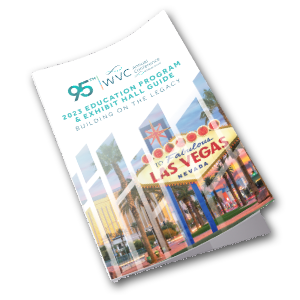Back
.png)
Practice Management
S41A - Managing Stress: Controlling the Controllables
Monday, February 20, 2023
9:00 AM – 9:50 AM
Location: Mandalay Bay, Reef E, Level 2
Earn 1 CE Hours
Sponsored By
.png)
MERCK ANIMAL HEALTH
.jpg)
Jen Brandt, PhD
Director of Member Wellbeing Initiatives
AMERICAN VETERINARY MEDICAL ASSOCIATION
Schaumburg, Illinois, United States
Robert Duquette, DVM
MERCK ANIMAL HEALTH
Sacramento, CA, United States
Presenter(s)
Moderator(s)
Wanting to have some sense of control over our lives is a natural human desire. Believing we have the power to forge desired outcomes gives us the feeling of order, stability, and safety, and a mechanism for managing fears of uncertainty. Unfortunately, a persistent need to control every situation can backfire by increasing our stress and taking a toll on our relationships and mental health. Often, the more we try to exert control, the more out of control we begin to feel—creating a harmful cycle of rigid thinking, perfectionism, risk-aversion, greater difficulty trusting others, hypervigilance, and being overly critical of self and others. In this engaging seminar, participants will learn: how to distinguish between what we can and cannot control, the upside of harnessing stress effectively, the role that lowering reactivity to difficult interactions with clients plays in reducing rates of occupational distress and burnout, how to assert healthy boundaries, and a series of evidence-based techniques for managing stress effectively at home and in the workplace.
Learning Objectives:
- Define stress
- Define illusion of control
- Identify a key modifiable factor in difficult interactions
- List examples of two types of coping skills






